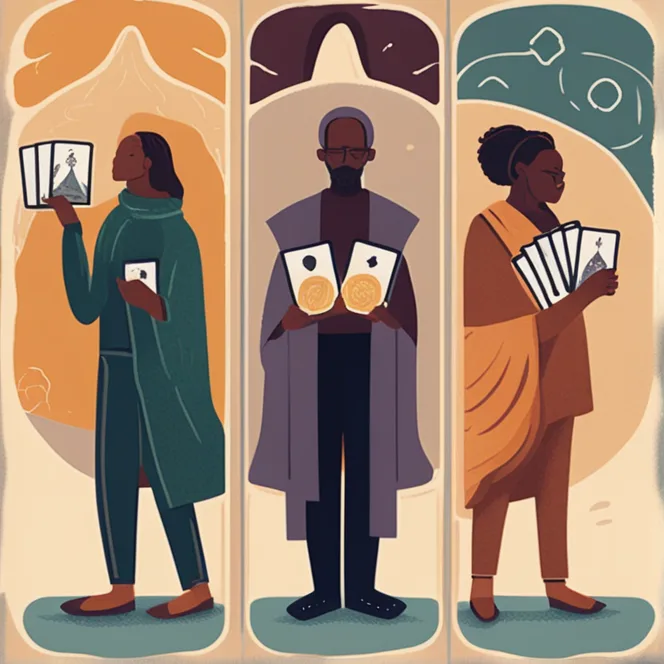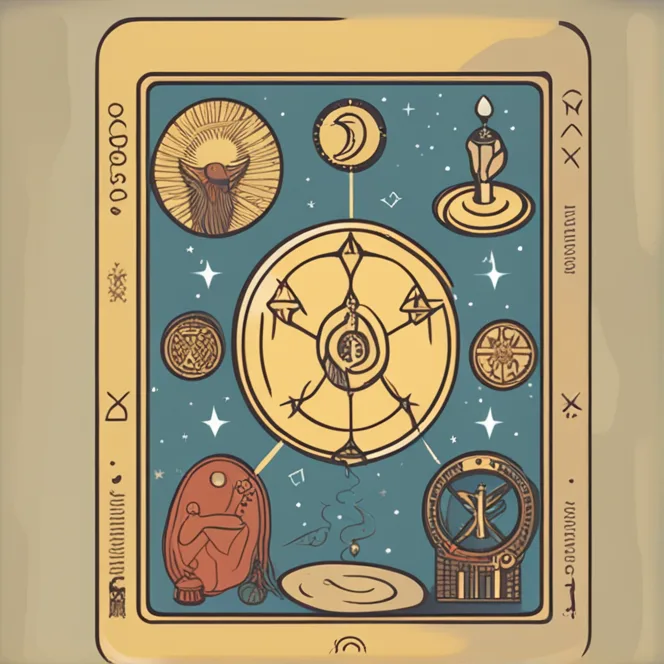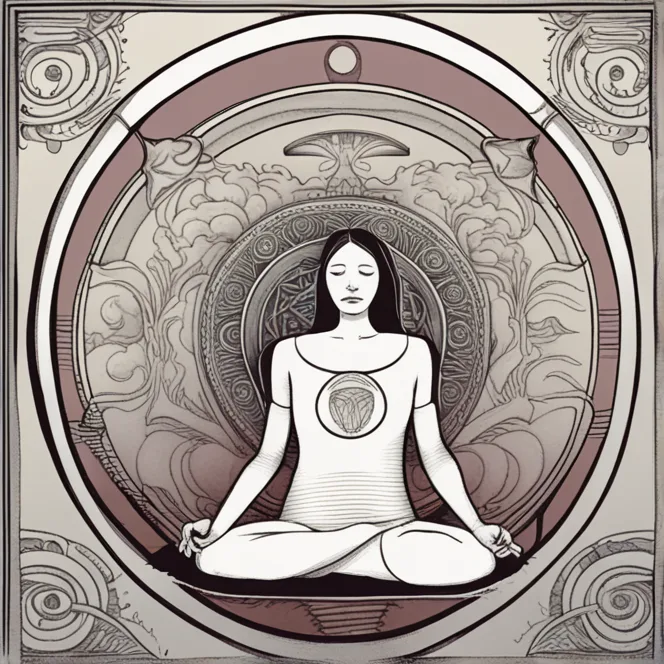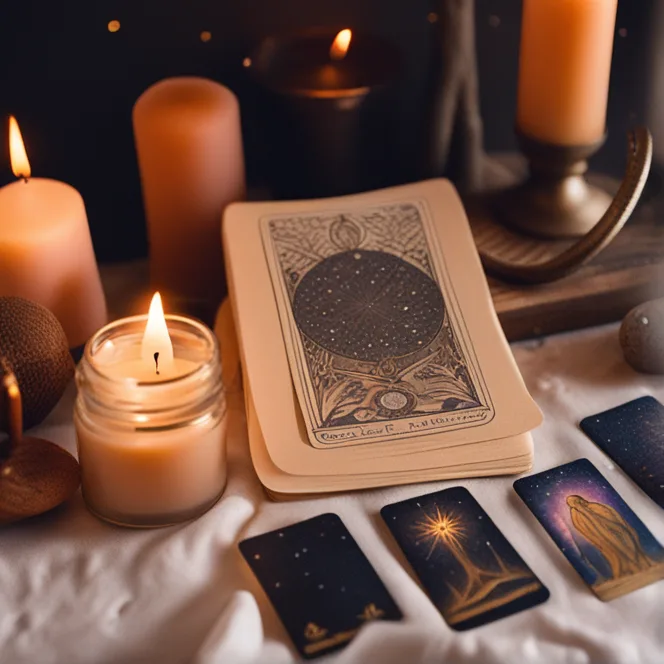
The Enigmatic Origins of Tarot
Tarot cards have captivated the human imagination for centuries, with their mysterious symbols and enigmatic artwork. Their origins are a subject of debate, with some scholars tracing the tarot to medieval Europe, while others suggest ties to ancient Egyptian lore. The rich iconography of the tarot deck is often linked to esoteric traditions, and over time, it has been adopted by various mystic practices. Each card is imbued with symbolic imagery that proponents believe can unveil the secrets of the subconscious or foreshadow future events, contributing to the tarot's arcane reputation.

Tools for Guidance, Not Guarantees
The question of whether tarot cards are supernatural hinges on one's personal belief system. Skeptics argue that tarot readings are a form of cold reading or a psychological tool that mirrors the querent’s mental state. In contrast, believers in the tarot posit that the cards facilitate a connection to the divine or the universal consciousness. The cards themselves are inanimate objects; however, it's the interpretation and the interplay between the reader and the querent that may seem to transcend the ordinary, offering insights or guidance, but never guarantees.

The Role of Intuition
A key factor in tarot readings is intuition. Skilled readers claim to tap into their intuitive faculties to discern meanings beyond the obvious. This intuitive process may seem supernatural to some, giving credence to the idea that a higher power is at work. However, critics contend that this intuition is nothing more than an acute perception of the querent's reactions, body language, and information revealed during the reading. Regardless of the stance one takes, the power of intuition in tarot readings is a central theme in understanding its potential for providing personal insights.

Synchronicity and Connection
Carl Jung, the renowned Swiss psychiatrist, introduced the concept of synchronicity, which refers to meaningful coincidences that seem to occur with no causal relationship yet appear to be related. Tarot enthusiasts often cite synchronicity as evidence of the cards' supernatural aspect. When a card that seems to perfectly match the querent’s situation appears, it can be seen as more than mere chance. This perceived connection between the individual's life and the cosmic order hints at an interconnectedness that some might label as supernatural.

Scientific Scrutiny and Empirical Evidence
From a scientific perspective, the supernatural aspects of tarot are largely unsubstantiated. Empirical evidence supporting the predictive power of tarot cards is virtually nonexistent. Critics argue that any accurate predictions or insights can be ascribed to chance or the skillful reading of the person being read. Researchers studying the Forer effect—a psychological phenomenon in which individuals give high accuracy ratings to descriptions of their personality that supposedly are tailored to them but are, in fact, vague and general enough to apply to a wide range of people—see parallels in tarot readings.
The Personal Element of Tarot
Ultimately, the belief in the supernatural element of tarot cards is a personal matter. For some, tarot readings may inspire self-reflection, provide comfort, or serve as a meditative focus. The value of tarot may not stem from an inherent supernatural quality but rather from its ability to serve as a catalyst for personal growth and understanding. In this light, tarot readings can be seen as a form of artful storytelling, where the cards are a medium to explore the narrative of one’s life.
Published: 12/15/2023
Modified: 12/15/2023
More predictions
Come back here soon to learn more about yourself and your future


Tarot: The Mystical World of Pentacles
Delve into the Tarot's suit of Pentacles and their symbolism in life, work, and material matters.


The Role Of Pentacles In Tarot Wisdom
Delve into the practical wisdom of the Pentacles in tarot, their earthy symbolism and their significance in readings.


The Distinct Worlds Of Tarot & Oracle Cards
Discover the differences between tarot and oracle cards in divination practices and how they can guide you in your spiritual journey.